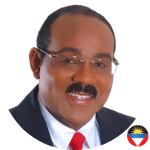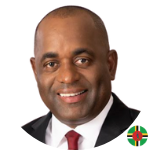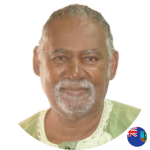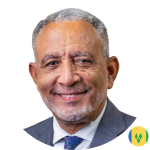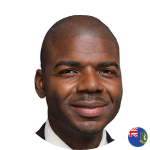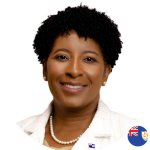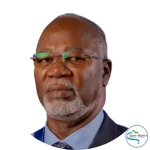Our Structure
Our Structure
The Revised Treaty of Basseterre establishes five principal Organs through which the Organisation performs its functions and acts within the limits of the powers conferred upon it under the Treaty.
The Organs are: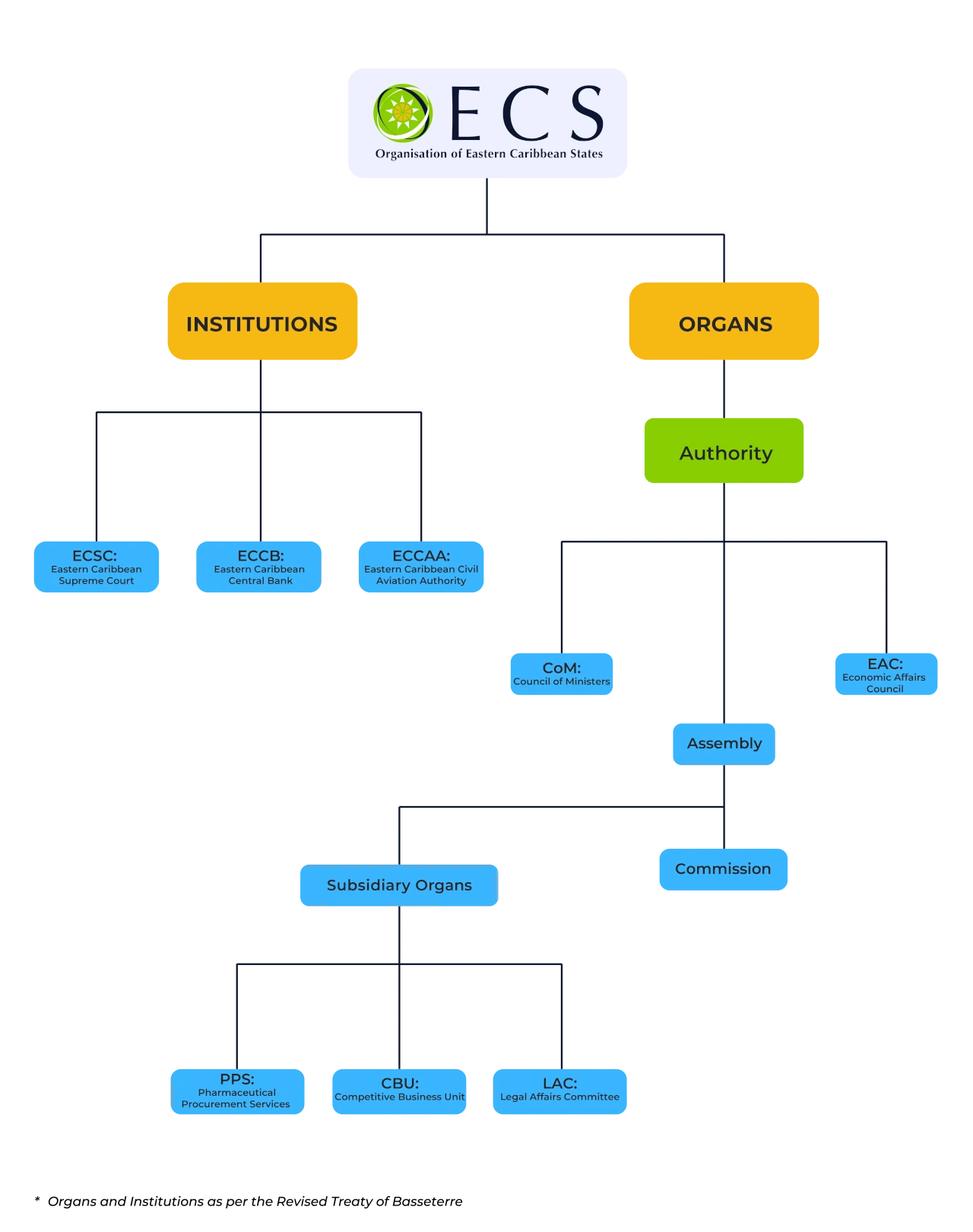
- The Authority
The Authority consists of the Heads of Government of the Member States, made up of the Prime Ministers/Chief Ministers of each Member State, and is the supreme policy-making body.
The OECS Authority is composed of each Member State of the Organisation. Member States are represented on the Authority by their Heads of Government. The Chairmanship of the Authority is rotated alphabetically by country on an annual basis. The current Chairman of the OECS Authority is Hon. Dr. Godwin Friday.
The Authority is the supreme policy-making body of the OECS and is responsible for the general direction and control of the performance and functions of the Organisation. The Authority can enact Acts of the Organisation within the areas of legislative competence of the Organisation conferred upon it by the Revised Treaty of Basseterre. Decisions of the Authority are binding on all Member States and Organs of the Organisation.
The Authority meets twice yearly and from time to time in Special Sessions when required.
Our Structure
Structure & Organisation
The Revised Treaty of Basseterre establishes five principal Organs through which the Organisation performs its functions and acts within the limits of the powers conferred upon it under the Treaty.
The Organs are:
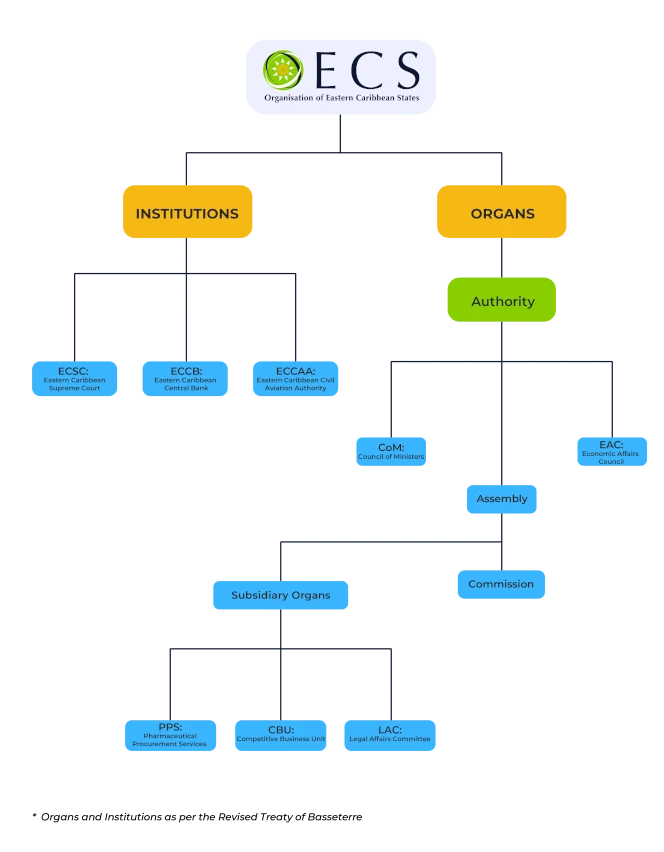
- The Authority
are the Heads of Government of the Member States made up of the Prime Ministers/Chief Ministers of each Member State and is the supreme policy-making body.
The OECS Authority is composed of each Member State of the Organisation. Member States are represented on the Authority by their Heads of Government. The Chairmanship of the Authority is rotated alphabetically by country on an annual basis. The current Chairman of the OECS Authority is Hon. Dr. Godwin Friday.
The Authority is the supreme policy making body of the OECS and is responsible for the general direction and control of the performance and functions of the Organisation. The Authority can enact Acts of the Organisation within the areas of legislative competence of the Organisation conferred upon it by the Revised Treaty of Basseterre. Decisions of the Authority are binding on all Member States and Organs of the Organisation.
The Authority meets twice yearly and from time to time in Special Sessions when required.
-
The Council of Ministers
Ministers are appointed to the Council by their Governments and are responsible for recommending to the Authority Acts of the Organisation and regulations for the implementation of these Acts.
The Council of Ministers is the second-highest decision-making body of the Organisation after the Authority and comprises appointed Ministers of Government from each Member State. This body takes appropriate action on any matters referred to it by the OECS Authority and also has the power to make recommendations to the Authority.
The Council of Ministers has responsibility for considering and reporting on recommendations of the OECS Commission for the making of Acts of the organisation, including considering and enacting into Organisation law regulations and other implementing instruments to give effect to the Acts of the Organisation enacted by the OECS Authority.
The OECS Assembly
The OECS Assembly is made up of representatives of the elected members of the Houses of Parliament and Legislatures of the Member States. Each Independent Member State of the Organisation elects five members of its Parliament to the Assembly, while Non-Independent States are entitled to three members. The representatives are to come from both Government and Opposition parties in proportion to their representation in their Parliaments. Membership of the Assembly is for two years from the date on which they were elected or until the next general election for the Legislature which they represent. The Assembly considers matters referred to it by the OECS Authority. The Assembly has the power to review legislation passed by the Authority and regulations made by the Council of Ministers.
The Economic Affairs Council
The Economic Affairs Council Ministers are appointed to the Council by the Head of Government of that Member State. The Economic Affairs Council is the principal organ of the Economic Union Protocol of the Revised Treaty of Basseterre. It is responsible for the implementation of the Economic Union and therefore supervises and reviews the operation of the Protocol. The Economic Affairs Council, with the approval of the Authority, can take decisions which are binding on all Member states.
The OECS Commission
The Commission is led by the Director General with one Commissioner of Ambassadorial rank from each Member Country. The Commission provides secretariat services to the various Organs of the Organisation. The OECS Commission is located on Morne Fortune, Castries, Saint Lucia. The current Director General is Dr. Didacus Jules while the current OECS Commissioners, Focal Points, and representatives are:
Member State | Commissioner / Focal Point |
|---|---|
Antigua and Barbuda | H. E. Mr. Colin Murdoch |
Commonwealth of Dominica | H. E. Dr. Gerard Jean-Jacques |
Grenada | H. E. Mr. Aaron Moses |
Montserrat | Ms. Blondelle O'Garro |
Saint Kitts and Nevis | H. E. Mr. Larry Vaughan |
Saint Lucia | - |
Saint Vincent and the Grenadines | H. E. Mr. Allan Alexander |
The British Virgin Islands | Mr. E. Benito Wheatley |
Anguilla | Ms. Melissa R. Meade |
Martinique | Mr. Jean Yves Lacascade |
Guadeloupe | Dr. Ruddy Blonbou |
Saint Martin | Ms. Cyrielle Cuirassier |
The Commission's functions include the provision of Secretariat services to the Organs of the Organisation, coordinating meetings of these Organs and acting on decisions, and recommendations to the OECS Authority and the Council of Ministers regarding the formation of Acts and Regulations of the Organisation. It undertakes other work and studies and performs other services relating to the functions of the Organisation as required under the OECS Treaty by the OECS Authority or by any other Organ.
In order to carry out these services, the Commission is organized into several Divisions, namely the Director-General Division, Operations Division, Economic Affairs & Regional Integration Division, and Human & Social Development Division.
These several Divisions oversee the strategic direction of the organization, as well as the work of a number of specialized institutions and diplomatic units which are stationed in the six locations: Commonwealth of Dominica, Saint Lucia, Belgium, Switzerland, Canada, and Morocco.


